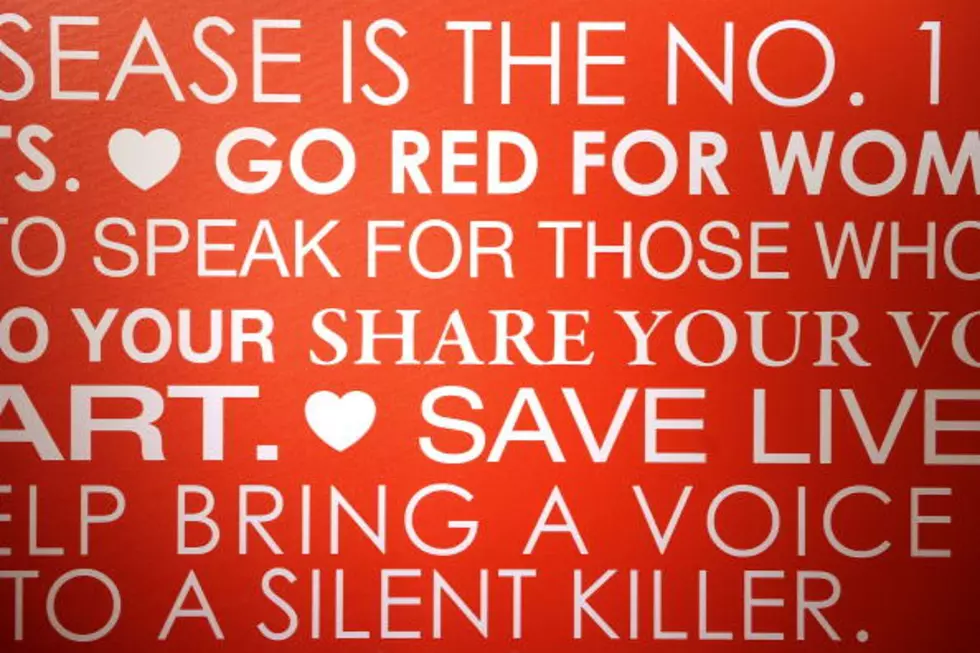![Child Eating Disorders: The Signs and Consequences [AUDIO]](http://townsquare.media/site/385/files/2012/08/empty-plate.jpg?w=980&q=75)
Child Eating Disorders: The Signs and Consequences [AUDIO]
Decades ago, child eating disorders were rare. Since then, the illness has exploded. A medical study conducted between 1999 and 2006 found hospitalizations increased by more than 100% for eating disorders in children under 12.
"We have little kids in first to third grade who want to be thinner," said Lynn Grefe, President and CEO of the National Eating Disorders Association.
Eating disorders like anorexia and bulimia have the highest death rate of any mental illness. Starving one's body at such a young age can be especially dangerous; it is still developing and depends on proper nourishment to successfully transform kids into adults.
During the same period as the study, and the years since, concern skyrocketed over obesity among children.
"Everyone's going overboard, and kids are talking about being skinny when they're probably a very normal size for adolescence," Grefe said.
Advances in technology can also be seen as a catalyst for the spike in eating disorders among youth. Social media allows children immediate access to photographs of their friends and peers. A quick Internet search can result in thousands of pictures of "what a body should look like."
Grefe said these images aren't a direct cause of eating disorders, just as tobacco ads aren't a cause of cancer. However, she said they could be encouraging children to engage in dangerous habits that ultimately lead to eating disorders.
She added, "Diets shouldn't be done by children. If a child really does have a weight problem, it should be medically evaluated by a doctor."
Getting help at a young age is key to treatment and a normal life later on, and there are several warning signs that parents can look for among their children - sudden weight loss, avoiding foods they once enjoyed, selecting certain foods over others, playing with their food more often.
Grefe said if a parent detects a brewing disorder, or that their child already has one, no one should panic.
"The child is not doing this to misbehave or create a problem. They're not doing it to hurt anybody. These are illnesses," she explained. "You really want to take this child to an eating disorder specialist. You want to intervene before a child becomes so sick and becomes hospitalized."
- CLICK HERE for local treatment options
The war against child obesity is real and necessary, but parents can also be cautious about the way they address the issue. It's up to the older generations to teach the next generations about the difference between healthy and unhealthy eating habits.
More From New Jersey 101.5 FM




![Grilling Gone Wrong – Top 5 BBQ Fails [NSFW- Language]](http://townsquare.media/site/385/files/2012/05/BBQ-Fail1.png?w=980&q=75)




